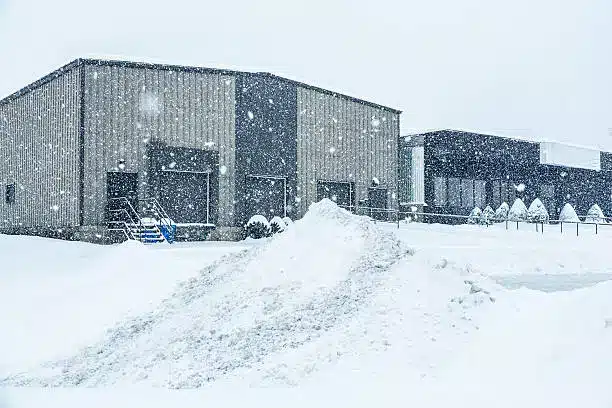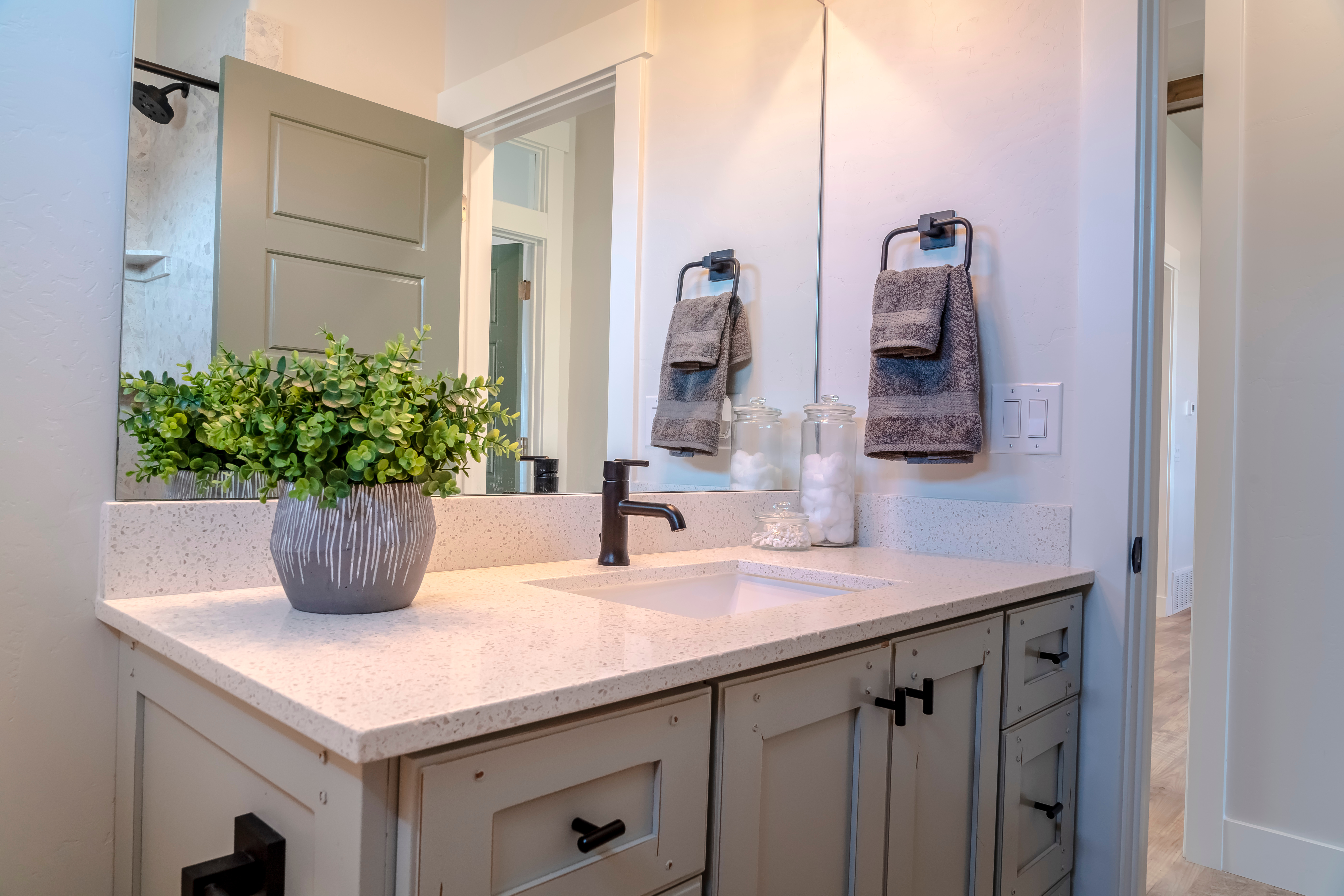Did you notice you had a draft home with the recent weather? Did you know with a draft home you are costing yourself hundreds of dollars a year? By installing attic insulation, you give yourself the largest opportunities to save energy in your home, as well as maintain a comfortable temperature throughout the home. Whether it is summer or winter, adding attic insulation makes your house a lot more comfortable, while saving you some much needed money.
Remodeling magazine’s 2016 Cost vs. Value report suggest adding attic insulation is the #1 home improvement project with the best return on investment (ROI). In fact, attic insulation was the only home improvement project to provide over a 100% return on investment, recouping you roughly 116.9%.
There are also several tax credits you should be aware of. According to ENERGY STAR, typical bulk insulation products like those mentioned below, qualify for a federal tax credit amount of 10% of the cost; up to $500. This tax credit is available for purchases made in 2016.
- Fiberglass Insulation
- Rigid Boards
- Blow-In Insulation
- Spray Foam Insulation
Everyone qualifies for the energy tax credit as long as its primary purpose is to a) insulate your home and b) bring your home up to the recommended R-value guidelines.
Products that reduce air leaks such as weather stripping, canned spray foam, caulk designed specifically for air sealing, and house wrap also qualify for these tax credits as long as they come with a Manufacturers Certification Statement. Professional installation costs are NOT included.
Should I Invest in Attic Insulation?
If your house is experiencing any of the following symptoms, you should consider adding insulation to your home’s attic space, along with its interior walls, floors, and crawl spaces.
- Drafty rooms.
- Hot or cold ceilings or walls.
- High heating or cooling costs.
- Uneven temperatures between rooms.
- Ice dams in the winter (where applicable)
Determining Proper Insulation R-Values
Understanding an insulation material’s R-value – a measure of how well it resists the flow of heat – is very important. The higher the number, the better the insulating power, and the more energy you will save. If your home is not properly insulated – which is often the case in with CT Insulation – the higher your energy bills will be.
Recommended R-values are 30 to 60 for most attic spaces, according to the U.S. Department of Energy, with R-38 (or about 12 to 15 inches, depending on material type) being considered the “sweet spot.
Professional Insulation Installation by Connecticut Retrofit
As a locally owned and operated insulation contractor, servicing the entire state of CT, we take great pride in all aspects of our work and servicing you. We specialize in both residential and commercial insulation installs. No job is ever too big or small for us to handle and we happily provide free in-home estimates. We look forward to hearing from you. Call use 860. 238.3112 or visit us online at www.ctretrofit.com





